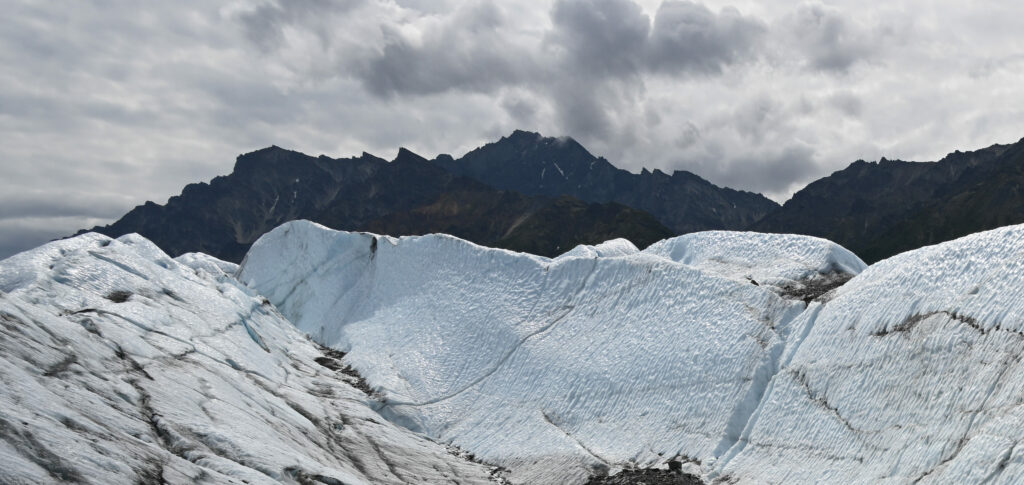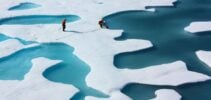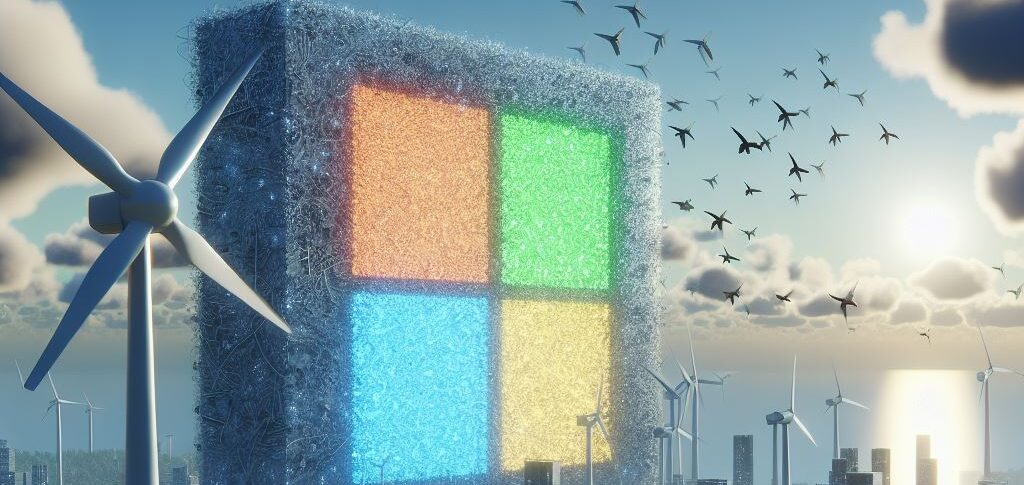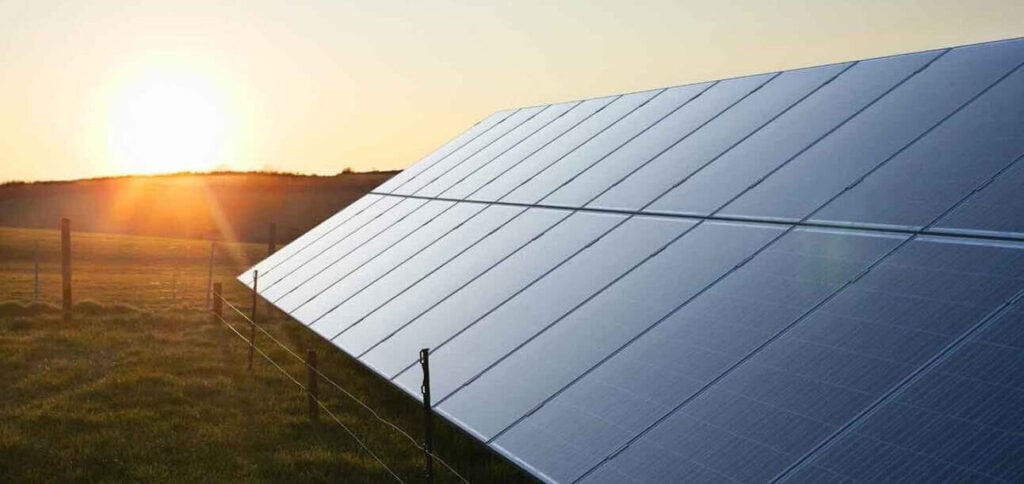“I believe there is a small sign of hope and a positive message in our study, because it tells us that we can make a difference, that actions matter,” Regine Hock, co-author of the research, told AFP.
ADVERTISING
The work focused on studying the direct effect of various global warming (+1,5°C, +2°C, +3°C and +4°C) in glaciers, in order to better guide political decisions.
If the temperature increase is just 1,5°C above pre-industrial levels, the most ambitious goal of the Paris agreement, 49% of glaciers from the world will disappear. A loss like this would represent around 26% of the total ice mass, since the first to melt would be the smallest.
In this scenario, researchers estimate that sea levels will rise by 9 centimeters, an increase that will be compounded by the melting of the polar ice caps. If the temperature rises by 4°C, the worst-case scenario predicted, the biggest glaciers, like Alaska, will be hit hardest. 83% of the glaciers, which is equivalent to 41% of the total mass of its ice, and the sea level would rise by 15 centimeters.
ADVERTISING
Full defrosting
At the moment, the world is heading towards a warming of 2,7°C, which would lead to an almost total thaw in Central Europe, western Canada and the United States, and even in New Zealand. These projections, more alarming than the current ones from UN climate experts (IPCC), were made possible thanks to obtaining new data on the mass variations of each glacier the world in recent decades.
The possible disappearance of glaciers It will also have consequences for water resources, as they represent a crucial water reserve for around 2 billion people.
“In summer, in many regions it is hot and dry. Glaciers compensate for this loss of water”, highlighted Regine Hock. Its loss “will not only alter seasonality, but there will also be less water overall.” Vessel traffic on low rivers and tourism in small rivers will also be affected. glaciers, more accessible.
ADVERTISING
The researcher pointed out that it is still possible to limit the disaster, but that “this will depend on those who decide the policies”.
(To AFP)
Read also

Receive news and newsletters do Curto News by Telegram e WhatsApp.





